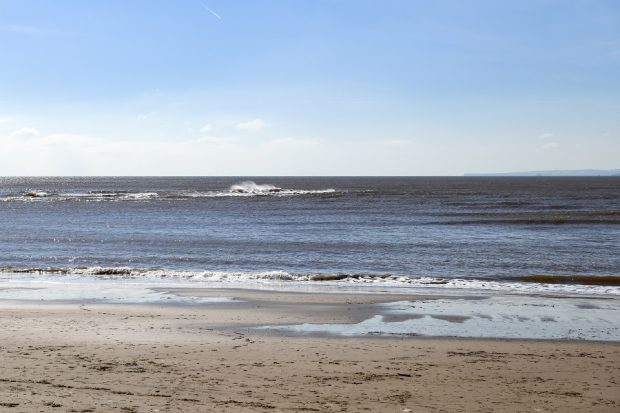
There is coverage across BBC News Online, the Independent, Daily Star and several regional outlets of a joint announcement on the investigation into crab deaths on the Teesside coast.
The Environment Agency, working with Cefas, local councils and other agencies are investigating the cause as a top priority. Although testing is still taking place, the investigation has ruled out potential causes such as sewage, seismic activity and underwater cables.
There is no risk to human health but the public have been urged to exercise caution by avoiding affected areas of the beach and keeping pets away from any sick or dead crustaceans.
Anyone who finds dead crustaceans (crabs or lobsters) or other dead wildlife, should report them to the Environment Agency on 0800 80 70 60.
Hannah Westoby, senior marine monitoring officer for the Environment Agency, said:
We understand how distressing the sight of dead and dying marine life is on our beaches, so this investigation is a top priority for Environment Agency and Cefas laboratories.
The Environment Agency is investigating whether a pollution incident could have contributed to the deaths of the crustaceans and Cefas is investigating for signs of disease.
The tests being carried out by our labs are extremely complex and have to be undertaken in steps. We’re analysing samples of water, sediment and crab for traces of hundreds of potential contaminants, so it is taking time to work through all of the possibilities. We’re continuing to collect further samples while we await the results.
Our investigations have managed to rule out the likelihood of a number of possible causes, including sewage, seismic activity and underwater cables. Results for our water samples have come back as normal for those locations. There is always the possibility that this was a natural event, so we are keeping an open mind.
We have found no evidence that there is a risk to human health, but we would urge beach users to exercise caution while our investigation continues. Avoid affected areas of beach and coastline where possible and make sure you wash your hands thoroughly with soap and water after coming into contact with any affected crustaceans. Do not touch any sick or dead crustaceans and keep pets away from them too.
Mike Gubbins, head of the Fish Health Inspectorate at Cefas, said:
We are investigating whether an aquatic animal disease has caused this mortality.
Our Fish Health Inspectorate have been analysing shellfish samples collected from the area for listed and other non-listed diseases, but none have been detected so far.
We will continue to work with partner agencies to try and find answers for the local community.
2 comments
Comment by Keith Hiscock posted on
I see no mention of adverse weather - that could mean waves of a particular type and from a particular direction that caused water movement on the seabed that displaced organisms and brought them ashore. It happens every so often.
Comment by Michael Desmond Walters posted on
As if we trust anything this government says.